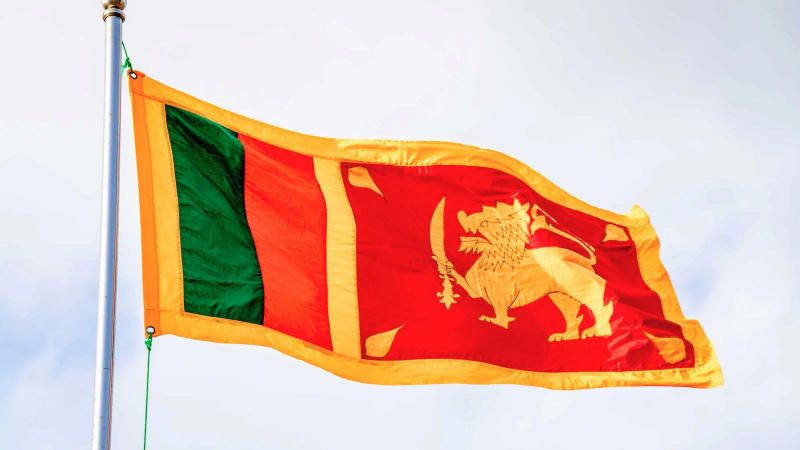Published 12:24 IST, January 1st 2024
Sri Lankan govt increases fuel prices
Unlike the routine monthly adjustments this price escalation exclusively stems from the recent adjustments to VAT rates.

The Sri Lankan government has implemented a retail fuel price increase of 20 Sri Lankan Rupees, effective from Monday, marking the inaugural hike in consumer prices following the introduction of revised Value-Added Tax (VAT) rates.
Unlike the routine monthly adjustments influenced by the US dollar exchange rate and global oil market dynamics, this price escalation exclusively stems from the recent adjustments to VAT rates. Specifically, the VAT rate for certain categories has risen by three per cent, transitioning from a previous 15 per cent bracket, while a broader range of previously exempt items now falls under an 18 per cent VAT rate, a decision met with significant public discontent.
In a bid to alleviate the country's financial strain, the International Monetary Fund (IMF) recently sanctioned the release of its second tranche, amounting to $337 million, within a four-year financial arrangement. Consequently, this commitment has compelled the Sri Lankan government to adopt cost-reflective tariffs for utilities and initiate several electricity tariff increases, exacerbating economic challenges for citizens.
The Ministry of Energy confirmed that both petrol and diesel prices surged by more than 20 Sri Lankan Rupee per litre, marking the debut price hike of any commodity under the newly instituted VAT framework, thereby incorporating fuel into the VAT system for the first time in the nation's history.
To mitigate the economic repercussions on its citizenry, the government has rescinded a 7.5 per cent import levy on fuel, striving to maintain a semblance of affordability amidst rising costs. President Ranil Wickremesinghe, who also assumes the role of finance minister, defended the VAT adjustment, attributing it to imperative revenue generation aligned with IMF stipulations.
However, analysts observe that this fiscal strategy places President Wickremesinghe's administration in a precarious position, especially given the forthcoming presidential election scheduled before November 2024. The economic challenges faced by Sri Lanka culminated in an unprecedented sovereign default declaration in April 2022, precipitating a severe financial crisis characterised by dwindling foreign reserves and widespread public unrest over fuel and essential commodity shortages.
(With PTI inputs)
Updated 15:17 IST, January 25th 2024




